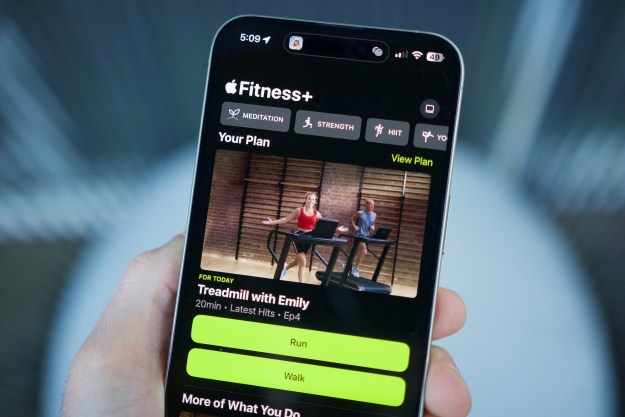
Part of the United States’ purpose in transitioning to digital television was to free up the spectrum used by over-the-air analog television broadcasts for use by cool new mobile broadband technologies—and although Clearwire is earnestly building out WiMax and LTE has yet to appear in the U.S. market, already mobile operators and the FCC itself are warning of a looming “spectrum crisis” wherein there won’t be enough space in the electromagnetic spectrum to support all the cool mobile things everybody wants to do—at least, not without interfering with each other and causing all sorts of chaos. To help alleviate the pressure, FCC Chairman Julius Genachowski has unveiled a component of the agency’s forthcoming National Broadband Plan: a “Mobile Future Auction” that would see television broadcasters in spectrum-constrained markets able to voluntarily give up their spectrum licenses to mobile operators in exchange for a cut of the proceeds from future auction sales.
Speaking at the New America Foundation Wednesday (PDF), Chairman Genachowski outlined what the industry is seeing as a “looming spectrum crisis,” and cited estimates from Cisco that wireless networks in the United States will be required to carry some 740 petabytes of data every month. “Although the potential of mobile broadband is limitless, its oxygen supply is not,” Genachowski noted. “Spectrum—our airwaves—really is the oxygen of mobile broadband service. Without sufficient spectrum, we will starve mobile broadband of the nourishment it needs to thrive as a platform for innovation, job creation and economic growth. And the fact is America is facing a looming spectrum crunch.”
To alleviate the pressure, Genachowski outlined a potential “volunteer” program aimed at freeing up as much as 500 MHz of spectrum space…with the bulk of it coming from existing television broadcasters. Television broadcasters have historically been very leery of any proposal or regulation that cuts into their high-power transmission pathways. Genachowski argued that even in large metropolitan areas, not all the spectrum space reserved for broadcast television is being used; the potential “Mobile Future Auction” would enable broadcasters to voluntarily surrender use of unused spectrum in constrained markets in exchange for a cut of future spectrum action revenue.
Television broadcasters have historically maintained that they are for more efficient in their use of spectrum—in terms of one-to-many communications—than any existing mobile technology. However, wireless companies would be thrilled to be able to get their hands on more spectrum space…and they would be happy to ink content deals with television producers to put their material into mobile television technologies.
The FCC is scheduled to unveil its complete National Broadband Plan March 16.
Editors' Recommendations
- FCC chair wants carriers to start planning for 6G now
- The FCC will hit phone carriers with a $200 million fine over location sharing
- The FCC has officially approved the merger between T-Mobile and Sprint
- Ossia scores FCC certification to transmit wireless power over distance

